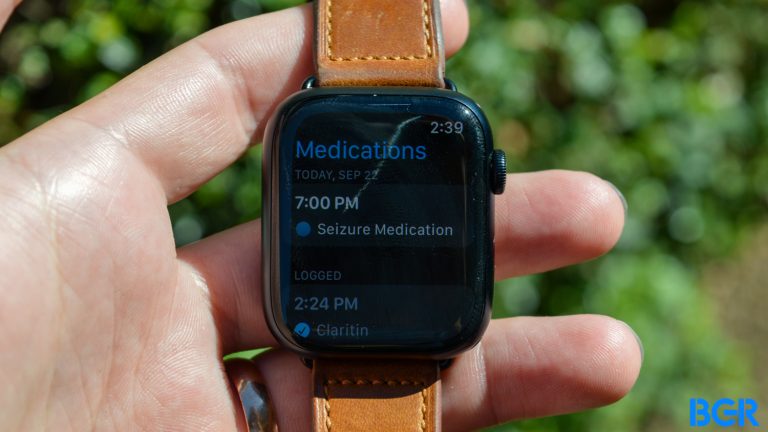Apple has released a new campaign spotlighting the importance of health data privacy. As tech companies push to offer health insights with wearables, the Cupertino firm once again highlights its commitment to privacy as a “fundamental human right.”
This time, the company invited Emmy Award-winning actress and comedian Jane Lynch to voice over an ad in a health clinic in which she knows everything related to the patients’ health, except for one iPhone user who relies on the Health app.
Although Apple tries to be funny with the campaign, it actually shows a darker side of how other companies can use your health data to sell it to third-party firms. A smartwatch, for example, can monitor your heartbeats, how well you sleep, your breathing status, your period, and even remind you to take your medicines.
A third-party app or even first-party accessory maker could sell this data to insurance companies to charge more for healthcare or even banks to let them know if you are healthy enough to take a long-time loan.
While these hypotheses sound alarming, it’s because they are true – and in places like America, where healthcare costs a fortune, most people should double down on who they give access to this data.
Apple highlights how it protects health data – and why you should care about that

Following this comedic ad, Apple has also published a white paper providing a useful, easy-to-access overview of how the Health app and HealthKit protect user privacy. In addition, this campaign will run across broadcast, social, and billboards in 24 regions around the world starting this summer.
Apple says that when a user’s iPhone is locked with a passcode, Touch ID, or Face ID, all the health and fitness data in the Health app — other than Medical ID — is encrypted. In addition, any Health data backed up to iCloud is encrypted both in transit and on Apple’s servers.
For users with a recent version of watchOS and iOS with the default two-factor authentication and a passcode enabled, health and activity data is backed up in a way that Apple cannot decrypt the data and, therefore, cannot read it.
While Apple bets on its built-in apps and solutions to protect users’ Health data, they can also try third-party apps that better track their fitness habits. Although many promise not to sell your data to other companies as they process this information on your device, Apple also offers ways to review the health data you share with others, apps, and devices.
Here’s how to take advantage of this feature:
To review any health data you’re sharing with other people (such as family members):
- Tap Sharing at the bottom of the screen on your Health app.
- Tap the name of a person.
- Scroll down, then tap View Shared Data.
- Make any changes, then tap Done.
Reviewing data you share with apps and devices:
- In the Health app, tap your picture or initials at the top right. If you don’t see your picture or initials, tap Summary or Browse at the bottom, then scroll to the top.
- Below Privacy, tap Apps or Devices. The screen lists the items that requested access to Health data.
- To change the access for an item, tap it, then turn on or off permission to write data to — or read data from — Health.
With iOS 17, expected to be previewed during the WWDC 2023 keynote, we’ll surely learn even more about Apple’s upcoming Health-related features.








